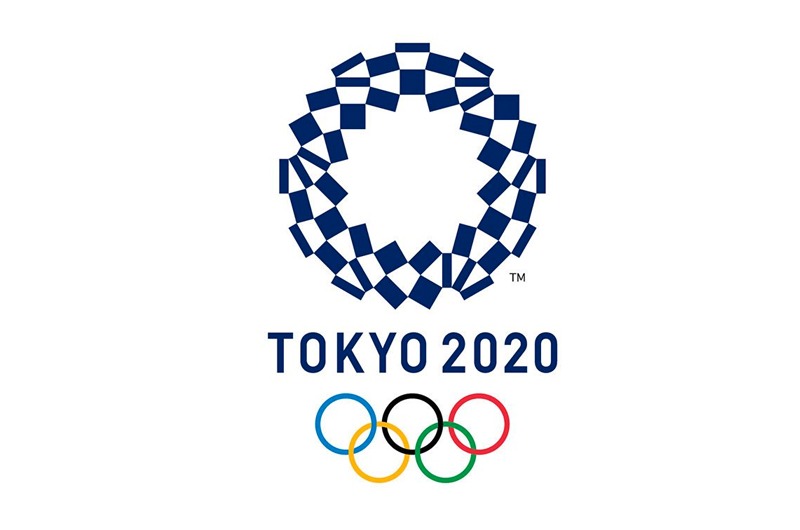Thursday night in Tokyo was momentous as there was a ceremony held in the Olympic stadium to reset the countdown clock for the Tokyo Olympics. In an alternate scenario, where the pandemic wouldn’t have toppled over global coherence, the Tokyo Olympics would have been flagged off on 23 July, 2020. But the games are now scheduled to be held on the same day of the same month next year.
Only the two World Wars have been responsible for the historical postponing of the Olympics up till now; one of those being in Tokyo in 1940. The Olympic verve was dampened in Japan since Covid-19 rang alarm bells in the country in January.
The Kyodo news agency conducted an opinion poll and reported that only 23% of people in Japan are still supportive of the Olympic games if the virus continues to spread as sporadically, even the following year, as the daily statistics have been recording. Latest World Health Organization (WHO) figures show ṭhat over 15 million infections are recorded daily worldwide, with the number escalating by almost a million cases every four to five days.
The highly contagious nature of the coronavirus and resultant international upheavals and obstacles have made the air of uncertainty around the Tokyo Olympics in 2021 all the more heavy for the organisers. Prof Kentaro from the Kobe University Hospital in western Japan, was one amongst the several people who are predominantly anxious about the status of the US, a country that has chiefly high stakes in the games as one of the largest paymasters for the Olympics.
Considering the fact that as a precautionary measure to contain and prevent the spread of the virus Japan has closed its borders to over a 100 nations, questions around travel still remain. With cases in the US spiking in a worrisome manner, it is still a big matter to resolve whether the teams form the USA will be allowed to travel to Japan if the situation remains the same in the States.
Prof Kentaro echoed the same doubts while conversing with BBC News, “The US will suffer from Covid for many months to come,” he said. “Can athletes come from the US come here? Can we have the Olympics without Americans? Most likely not. The priority must be the safety of the athletes and of Japanese people.”
But hope is what the world rests on. Japan cannot afford to push the games beyond next year and certain indications regarding how the Olympics would be conducted are doing rounds. Japanese Olympic Committee President Yasuhiro Yamashita maintained. “Our first priority concept is to ensure safety and security.” The focus has shifted to simpler organisation and execution from pursuing ‘something that amazes and moves people.’
On Wednesday, Japan’s national broadcasting corporation NHK announced that the organising committee has pulled up ‘400 proposals’ for a safe conduction of the games, even if a vaccine isn’t made available till the next year.
The measures that are proposed for ensuring a safe environment for the games include asking the players to keep from eating or shouting in the locker rooms, travelling in different buses as a part of the social distancing protocol when moving to and from the Games Village to the venues, and having a transparent partition between the athlete and the interviewers.
As far as the travel restrictions and participation of the global audience is concerned, the authorities announced that the tickets bought for the 2020 Olympics will remain valid the next year as well. The spectators will have to follow certain rules like not using their fingers while whistling, wearing face masks and refraining from hugging during the games.
As for the players, special immigration procedures are being talked about and proper post-arrival quarantine measures are also under discussion. According to the organisers, a more lucid understanding of how the Olympics will be held will only be possible after the team leaders of all the countries meet in October.
Meanwhile, Indian athletes have mixed feelings about the post-poned Olympics. World Weightlifting Champion Mirabai Chanu, who won the World Championship gold in 2017 has embarked upon her training with full gusto. But her coach Vijay Sharma says, “Corona has killed all our emotions. We are just praying for normalcy to return.” Shooter Anjum Moudgil, who was one of the first Indians to qualify said, “Our first match would have been on Saturday. When I thought about it on Wednesday, I started to feel nervous,” she says. “I have mixed feelings about the wait… we can have a go at it next year.”









